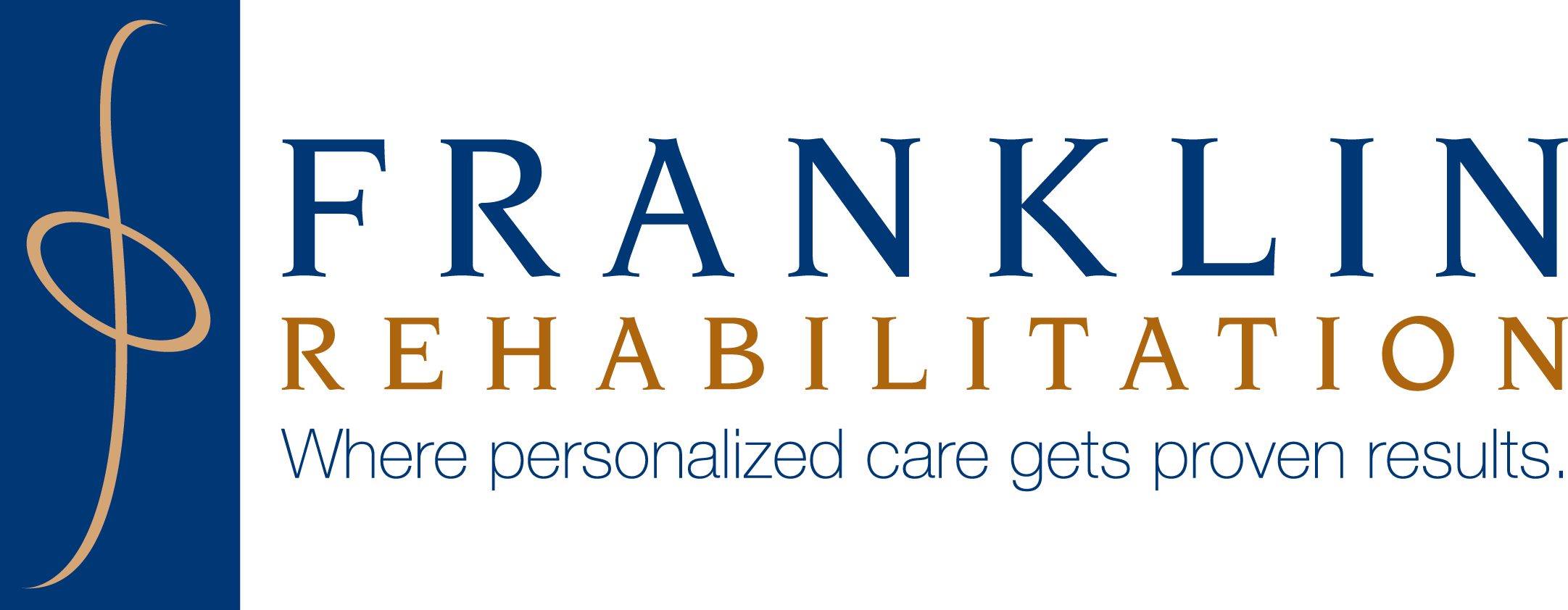Two balance disorder symptoms you may not expect

The vestibular system is made up of parts of your inner ear and brain, and these areas are designed to help you maintain your balance. A balance disorder, or vestibular disorder, occurs when a medical condition or injury makes it harder for the vestibular system to do its job. This can be the result of ear infections, medication side effects or head injuries.
Vestibular disorders have several symptoms most people are aware of, and some of these symptoms include dizziness, vertigo, lightheadedness and difficulty walking. However, there are two balance disorder symptoms that many patients may not associate with these conditions.
1. Blurred vision
Blurred vision is a symptom that some people may not immediately link to a balance disorder. But it’s actually a common symptom of balance disorders, and this is because the eyes are closely linked to the vestibular system.
According to an article published by the Neuro-Optometric Rehabilitation Association (NORA), about 20% of the nerve fibers from your eyes interact with the vestibular system. This means that a problem with the vestibular system can make it harder for you to see. In fact, signals may be sent from the vestibular system to the eye nerves that make it difficult for your eyes to focus, and this can lead to blurred vision. Also, these signals may affect your depth perception, which is your ability to judge how far away objects are.
2. Confusion or Disorientation
People typically view confusion or disorientation as a sign that the brain doesn’t know what’s happening. These symptoms aren’t necessarily seen as coming from a vestibular system issue. However, confusion and disorientation are actually two lesser-known symptoms that can come from having a balance disorder.
The nerves are what your body uses to relay instructions and process information. Nerves can be found throughout the body, and this includes in your brain, eyes and vestibular system. A balance disorder can lead to confusing signals being sent out to the brain, and your brain may have difficulty making sense of these signals. Thus, it makes sense that you may feel confused or disoriented when dealing with a vestibular disorder.
Get effective treatment for your balance disorder symptoms at Franklin Rehabilitation
Physical therapists have many techniques at their disposal that can help treat balance disorders, and the therapists at Franklin Rehabilitation are a case in point. Our team will perform an initial evaluation to determine what symptoms you’re experiencing. We’ll then create a personalized treatment plan for you that may include therapy methods such as:
- Techniques to increase balance, such as the Epley maneuver
- Strengthening exercises
- Therapeutic stretches
- Dietary recommendations
- Balance assistance device recommendations
- Vestibular/habituation exercises
Take the next step to treat your balance disorder. Contact our team today for more information or to schedule an appointment.
